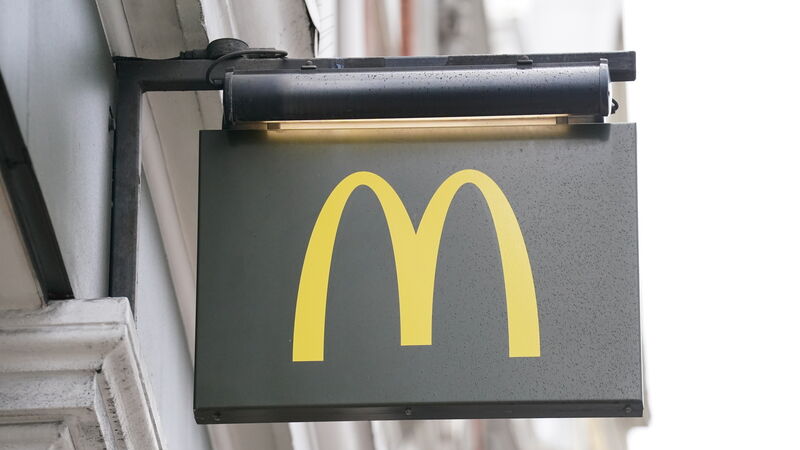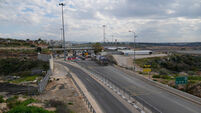Anti-Israel boycotts hurt KFC and McDonald’s in Asia and Middle East

McDonald’s became a target of boycotts after photos and videos on social media showed its franchised stores in Israel giving meals to the nation’s soldiers following the October 7 attack.
US fast food brands, including McDonald’s and KFC, are facing a challenging operating environment in Asia, the Middle East and some parts of Europe weighed by calls to boycott their products due to perceived links to Israel amid the conflict in Gaza.
Many people in the Middle East changed their consumption habits since the war started, slashing demand for fast food from American retailers.














